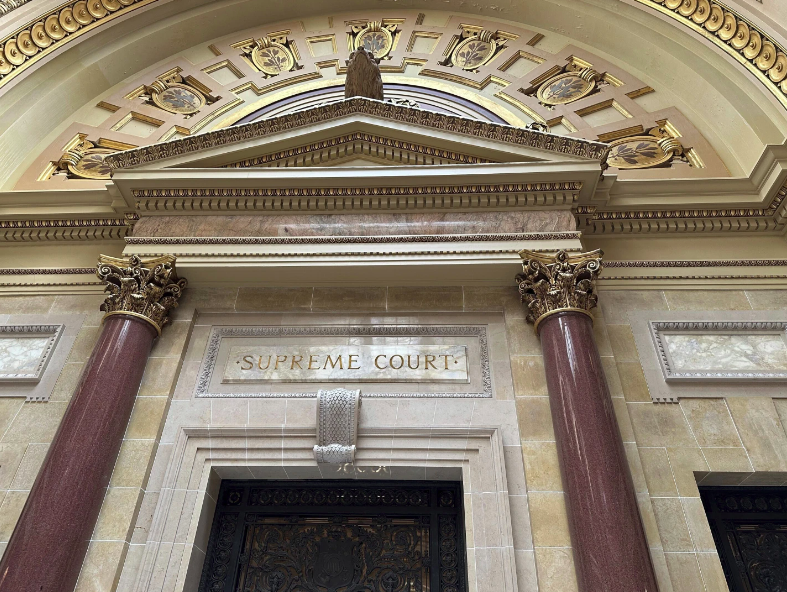On June 28-29, 2021, the inaugural Notre Dame Religious Liberty Summit was held on the campus of the University of Notre Dame. The purpose of the event was to bring together top religious freedom advocates, scholars, and other thought leaders to discuss the future of religious freedom in the United States and around the world.
Among the Summit’s many sessions was a panel discussion on, “International Threats to Religious Liberty.” Participants considered the status of religious freedom violations in various regions and countries and the factors fueling those violations. Nathaniel Hurd, Director of RFI’s North America Action Team and Senior Fellow for Public Policy, and Andrew Bennett, RFI Senior Fellow, joined the panel.
Both Hurd and Bennett commented on the growing religious liberty concerns in the United States and Canada and how those concerns shape their efforts to advance religious freedom internationally. Hurd stated:
Whether in the world of advocacy or in the world of public policy, especially in Washington, there is often a claim, or at least a practice, of [separating domestic and international] religious freedom… I would put it to you today that what the United States does internationally to promote religious freedom is grounded in how we understand it here in [America].
Andrew Bennett put forth a similar sentiment:
If we don’t have robust religious freedom, it is very difficult to advance religious freedom internationally. Especially when we stand by the view that religious liberty is an inalienable right and objective.
Later in Hurd’s remarks, he pointed to core, underlying challenges to the free exercise of religion in the United States today and their implications for American efforts abroad:
If you look at the proliferation of lawsuits that have targeted religious people and institutions, if you look at legal action that religious people and institutions have had to file to protect themselves from the state or from others, often… they have to do with these questions about male and female, human sexuality — fundamental questions of human nature. To the extent that people think that religion and religious freedom are a threat to their claims [about human nature and sexuality], and these claims being put into practice, it has led to a conclusion that religion should primarily be privatized, and to the extent that it is public, it should primarily be about worship. And that means that diplomats in the field [who are shaped by this domestic view of religion] … are not fighting for religious freedom in the fullest sense…
Learn more about Notre Dame’s Religious Liberty Summit here, and watch the full panel discussion featuring Nathaniel Hurd and Andrew Bennett:
THE RFI BLOG

How Soccer Reveals Different Meanings Of ‘Secular’ In France And The US

RFI’s Ismail Royer Meets with Delegation from India

Protecting the Unborn, Mothers, and Medical Ethics: The Stakes of Arkansas’ Amendment

Wisconsin Supreme Court Punishes Catholic Charities for Serving Everyone

Wisconsin Supreme Court Decision Truncates Religion
CORNERSTONE FORUM

Public Bioethics & the Failure of Expressive Individualism

Religious Liberty in American Higher Education

Scotland’s Kate Forbes and the March of Secularism

70 Years of Religious Freedom in Sweden: Prospects and Challenges

